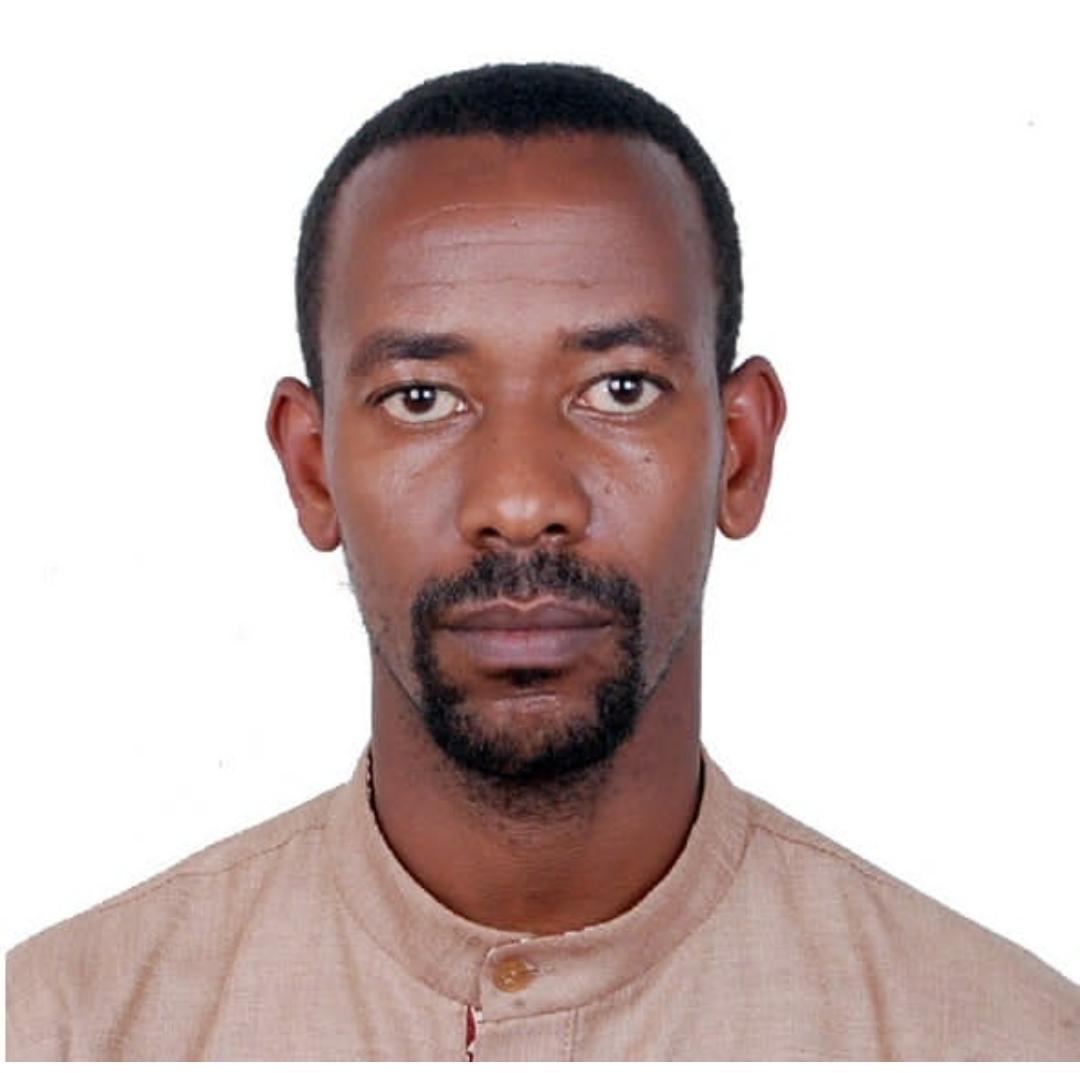KIGALI - Prime Minister, Bernard Makuza, yesterday, officially launched the Rwanda Genocide Archive which hosts thousands of audiovisual documentations of testimonies and research findings on the 1994 Genocide against Rwanda.

KIGALI - Prime Minister, Bernard Makuza, yesterday, officially launched the Rwanda Genocide Archive which hosts thousands of audiovisual documentations of testimonies and research findings on the 1994 Genocide against Rwanda.
The archive, based at the Kigali Genocide Memorial Centre in Gisozi, has two sections, the physical and the digital archive.
The physical archive currently hosts 1,500 audiovisual recordings and over 20,000 documents and photographs while the digital archive developed in collaboration with a team of specialists from University of Texas, will boast of copies of all recording and scans of all the documents and photographs held.
"This is a way to prove that Rwandans can own her history even if it is bad,” Premier Makuza said. "I don’t see any genuine argument that can be put forward against Rwanda hosting such kind of archives. Except the arrogance of some people, the natural home for the Genocide archive is Rwanda.”
He observed that the new archive meets international standards and has the capacity to preserve both digital and physical materials about the Genocide.
"This is the reality of what happened in this country and this will serve as a global lesson for bad governance and how good governance can transform the country,” Makuza noted.
Established by the Aegis Trust in collaboration with Rwanda National Commission for the Fight against Genocide (CNLG), the Genocide Archive will become the unified repository where all information relating to the genocide can be found.
"The Genocide Archive of Rwanda will provide unique and growing evidence for the present and future generations to enquire more about how genocide develops in order to better understand how it may be prevented,” said Dr James Smith, Chief Executive of the Aegis Trust.
"It’s an important collaboration with CNLG and we’re delighted to be able to work with them on a project of such long-term significance both for Rwanda and the international community.”
Freddy Mutanguha, the Director of Kigali Memorial Centre, said that the set up of the archive has been on-going since 2004 and that it has documents from the previous government, the then media and from different sources around the world.
"With the reality and evidence of the genocide, this archive is a strong weapon against Genocide deniers,” said Mutanguha.
The digital section of archive is on www.genocidearchiverwanda.org.rw.
Meanwhile, in 2004 and 2005, Aegis conducted pilot projects testing the feasibility of mapping genocide sites in Rwanda, combining use of GPS technology with site photography and interviews with survivors, perpetrators and eyewitnesses at the locations of roadblocks and mass graves.
Over 1,000 relevant sites were identified in Kigali alone.
Aegis is now working with the Pervasive Monuments project (run by Horizon Digital Economy Research at the University of Nottingham, UK), towards creation of a comprehensive GPS-mapped database of the genocide sites.
The database will be held at the Genocide Archive and be made accessible online.
Ends


